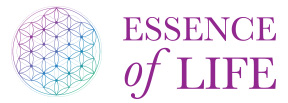 Kim & Amy Sedgwick love to discuss sex, periods, and all the other things we’re not supposed to talk about. The co-founders of Red Tent Sisters and ecosex.ca, they’ve been featured in every major Canadian news outlet and have become a trusted resource for women seeking natural (effective!) birth control, a more joyful sex life, and an empowered journey to motherhood.
Kim & Amy Sedgwick love to discuss sex, periods, and all the other things we’re not supposed to talk about. The co-founders of Red Tent Sisters and ecosex.ca, they’ve been featured in every major Canadian news outlet and have become a trusted resource for women seeking natural (effective!) birth control, a more joyful sex life, and an empowered journey to motherhood.To us, prevention means minimizing our exposure to the cancer-causing agents we have control over by changing our lifestyles and our environments, and then promoting our bodies’ ability to detoxify cancer-promoting chemicals by supporting the body’s natural elimination systems. At Red Tent Sisters we have a particular passion for helping women get off hormonal birth control, which has been listed as a class I carcinogen by the World Health Organization, and also to minimize exposure to BPA and phthalates in porous zones such as the vagina by choosing body-safe lubricants and sex toys.
And why are you passionate about breast health, and women living healthy vibrant lives?
Our mother was diagnosed with estrogen-dependent breast cancer in 2005. This was also the year Amy’s daughter Mattea was born. Amy was starting to question the safety of plastic toys and baby bottles. When Mattea was a few months old, Amy tried to return to hormonal contraception with rather devastating effects. The pill increased her milk supply to such an extent that Mattea started choking whenever she tried to breast feed. We started connecting the dots between Mattea’s health, our health, and our mother’s health. We both experienced profound improvements in our mood and sense of vitality after ditching the pill. Since then we’ve become passionate about educating women about the risks associated with hormonal contraception – including increased risk of breast cancer – as well as about choosing natural birth control, adopting better eating habits and how eliminating toxins from our homes and our body products can help us to feel so much healthier and full of vitality.
Too often we talk about breasts only in two (maybe three) contexts: female sexuality, usually as it is contained by male sexuality; and when something goes wrong with breast health – namely breast cancer (maybe we talk about breastfeeding, usually when it has been shunned publicly). Why do you think there is a silence around talking about breasts outside of these topics/angles?
We think breasts are usually perceived as something for someone else. Usually either for babies’ nourishment, or as a sexual object for men (the latter much more than the former). In this way women are often perceived in relation to someone else, and her breasts are a symbol of that dynamic – which is perhaps why having them cut open or cut off is so highly charged, both for women and for the people in her life. It would be nice to start opening up a discussion about what breasts mean to women themselves, apart from their partners or their children. Many women experience intense sexual pleasure from stimulation of the breasts and nipples, yet this is rarely talked about. We frequently come up against this issue in our work: that with regards to sex, it is usually defined as “finished” when the man has ejaculated. Where is the discussion of women’s pleasure? In this same way, we need to open up the discussion about breasts to go beyond their role in pleasing “the other” (man, child, society, etc.).
We believe that women are unsure of their breasts, and that for many women, their breasts are a source of fear. Perhaps pink ribbon campaigns are in part responsible for this fear, perhaps there is a fear of the sexuality of breasts, or of the power women can hold. Many women are not used to touching their breasts even. What is your opinion of our culture of breast fear?
Read our past #boobyluv interviews:
Join us here in the coming weeks for more #boobyluv interviews.
I’m learning how to release the fear and love my breasts with the #boobyluv interview series.



